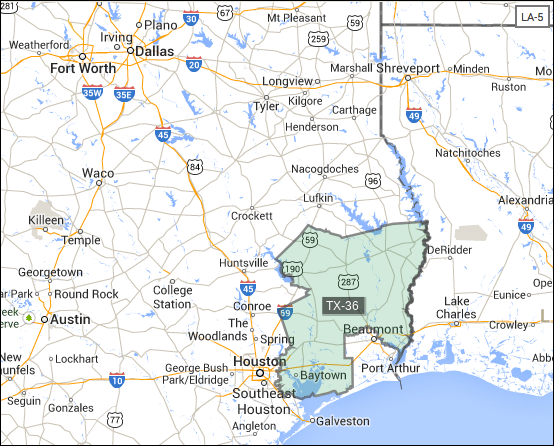June 15, 2015 — It’s very possible that a large number of the nation’s congressional districts will be re-drawn before the next census; the key unanswered question is, will most of it happen before the next regular vote, or will the district line adjustment process be pushed forward to the 2018 election cycle?
The US Supreme Court has been active in cases involving the Voting Rights Act (VRA) and methodology used to draw congressional districts. They first struck down a key VRA section in the Shelby County (AL) case that virtually eliminated the pre-clearance requirement associated with Voting Rights Act, Section V. This took a great deal of redistricting power away from the federal government (Department of Justice) and strengthened the states.
Awaiting a decision to be released before the end of the month is the Arizona congressional commission case. In this instance, Grand Canyon State Republicans filed suit against the voter-created special redistricting commission that has power to create state legislative and congressional districts. The Arizona Republicans are challenging the legitimacy of the commission itself, arguing that the US Constitution gives power to redistrict the House of Representatives only to the state legislatures.
Legal experts suggest the Arizona Republicans have a 50/50 chance of prevailing, and most agree the final vote will be 5-4, one way or the other.
Continue reading >



